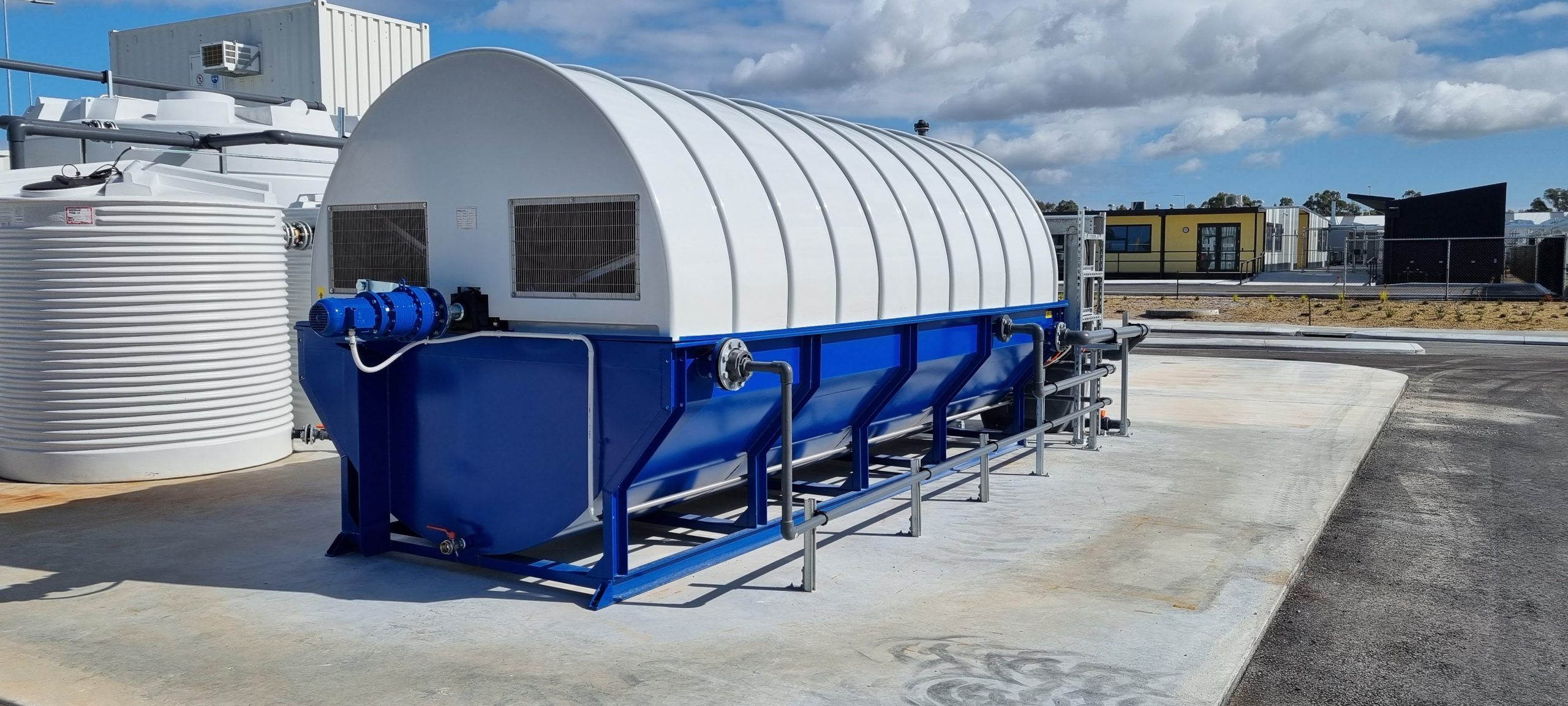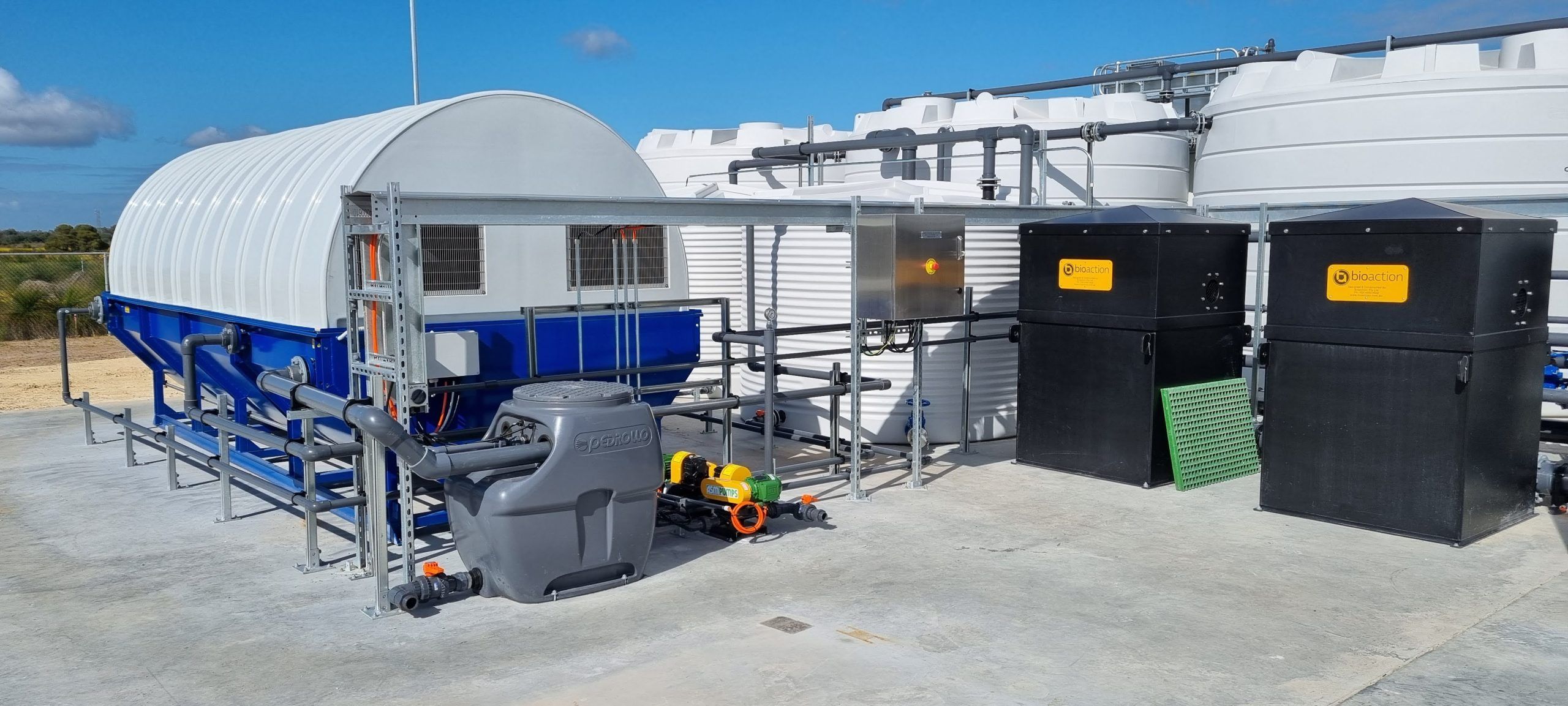Key Advantages
- Low Energy & Operating Costs: Minimal energy consumption reduces overall expenses.
- Reduced Maintenance: Simple process means maintenance can be undertaken by unskilled personnel.
- Compact Design: Small footprint and easy installation, even in limited spaces.
- Reliable Performance: Consistent treatment regardless of fluctuations in hydraulic and organic loads.
- High Operational Safety: No odour, noise, or aerosol issues.
- Quick Start-Up: Pre-assembled systems allow fast installation. Achieves optimal performance in 10–15 days without seeding.
Applications include small communities (50–1500 population equivalent), tourist villages, camping sites, portable treatment sites, hotels, schools, and highway service areas.
Applications
Real-world examples
Wastewater & Sewage Treatment Plants














